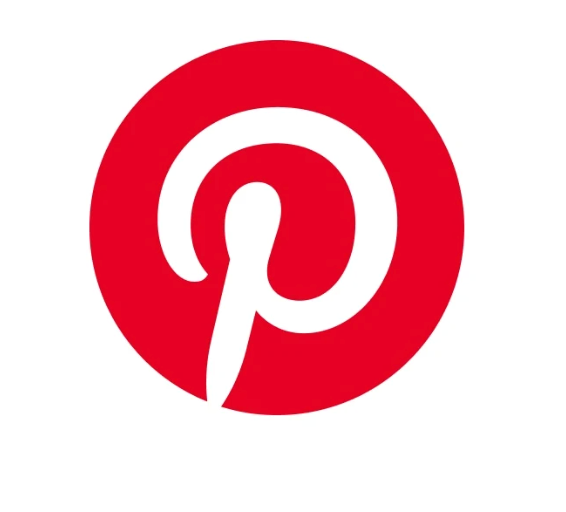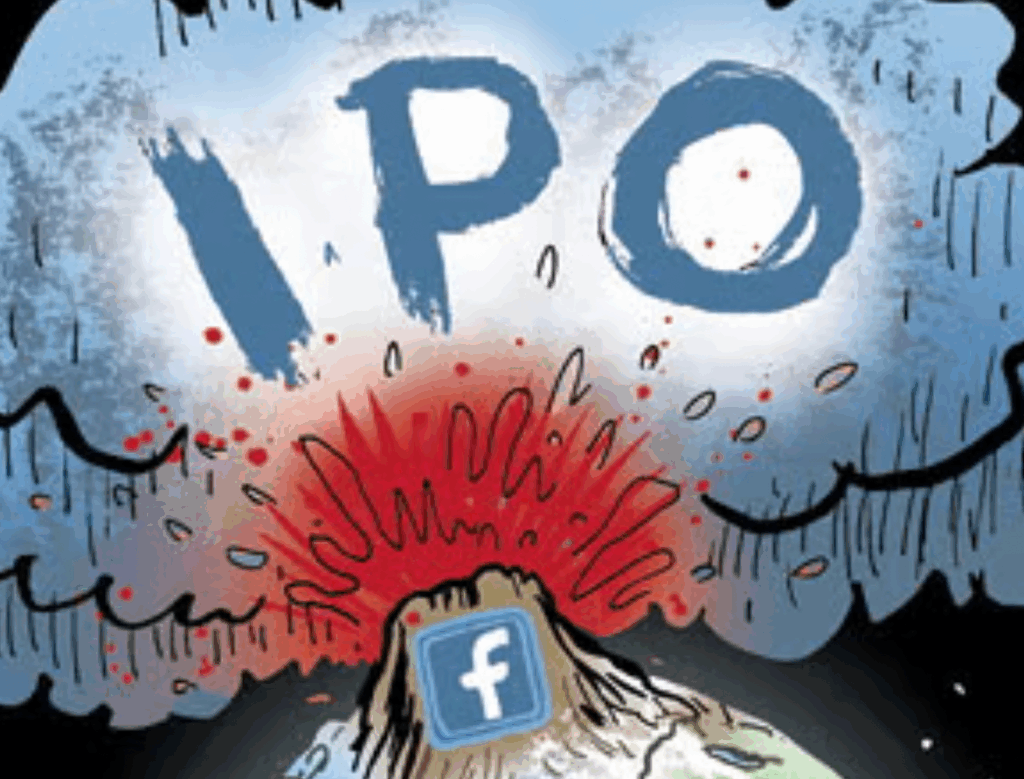Every direct marketer aims for one-to-one marketing. But searching for one-of-a-kind used and out-of-print books may be more one-to-one than any other Internet business.
Selling books by mail is as old as the United States. Ben Franklin himself offered the country’s first money-back guarantee. Now avid readers and collectors can make super-detailed searches online for any book ever printed.
Book dealers previously found books for customers. Before the Internet, when you requested an old book in a shop for used and out-of-print books, you seldom heard, “we don’t have it in stock.” Even if you asked for Margaret Mitchell’s “Gone With the Wind,” published 70 years ago in 1936, the bookseller usually said, “We’ll find it for you.” This was possible because all booksellers, from one-person book barns in small towns to the big stores in New York, constituted one nationwide book-search market through dealer-to-dealer communications. Many dealers’ best customers were other dealers who were searching for out-of-print titles.
We personally owned a small used bookshop, Medallion Books in Wellesley, MA, for 10 years. Book searches to find specific out-of-print titles requested by customers were the most successful segment of the business, almost 60% of our sales. Customer’s names were indexed manually with their specific search requests. They were delighted to find books that they had requested many weeks before. The customer want lists came from in-store customers, browsers at annual used book fairs, and respondents to “Books Wanted” ads collectors placed in the New York Times Book Review.
One national magazine made searches easier. A national used book dealer network was held together from 1948 to 1999 by the AB Bookman’s Weekly. The content was chiefly ads jammed with listings of “Books Wanted” and “Books for Sale.” Every dealer scanned these lists assiduously to find books their customers wanted. Dealers published their weekly wants; other dealers would quickly quote prices on the books that dealers wanted for their customers. Almost all the business was dealer-to-dealer.
Editor and publisher Jacob Chernofsky described in a published interview how AB Bookman became indispensable to used book dealers. “The trade needed AB critically — not just the people who advertised their wants, but also the people who advertised their businesses. There was no competition for AB until the Internet came along.”
AB Bookman ceased publication in 1999. Chernofsky described its decline: “The arrival of computers (before the Internet) allowed dealers to mail more search lists of books to dealers on their own, but they still kept up their AB advertising.” Then the Internet took book searches out of the hands of dealers. “As soon as the Internet came along,” Chernofsky said, “many dealers went out of business. A lot of collectors did their trading on the Internet…. and many had become dealers, more or less.”
Customers now do their own searches. Now, just seven years after Chernofsky folded AB, the book search market belongs almost entirely to the consumer-collector who shops online. But dealers are more important than ever. They still own all the books that customers are seeking, millions of books.
Thousands of readers now search for used and out-of-print books on the Internet themselves, and order books online for delivery by mail, instead of asking their local “old and rare” used book stores to find the books. This change has affected nearly 100% of the book search industry, almost a complete restructuring of the former dealer-to-dealer business model.
In 1996, two Internet companies were launched to replace AB Bookman as online sources of used and out-of-print books. Alibris, Emeryville CA, sells to businesses and libraries as well as to consumers, offering 60 million books through their Web site (http://www.alibris.com) and through business partners including Amazon, Barnes & Noble, and Borders. They sell movies and music as well as books. AbeBooks, Vancouver BC, is devoted entirely to generating Internet sales (http://www.abebooks.com) primarily to consumers, on behalf of thousands of independent booksellers worldwide, who post their own book listings on the Web site.
AbeBooks links dealers to buyers. We selected AbeBooks for this article, because they are entirely an Internet marketing company. Their spokesman, Richard Davies, said they recently achieved a total of 100 million books on sale. The books are owned and stocked entirely by 13,500 used book dealers in 53 countries, 8,900 in the U.S and Canada. Dealers pay to advertise their listings, and write their own copy. The dealer’s name and address, the price and shipping charge, whether hard cover or paperback, and a descriptive text appear in every listing. AbeBooks.com is a marketer’s dream, a Web site with 100% “user-supplied” content. AbeBooks is “an online marketplace,” Davies says, “and does not own, handle, or even see a single book.” They claim to have the largest selection of books for sale anywhere in the world.
AbeBooks Web site works like other booksellers. To the online buyer of used books, shopping on AbeBooks is like ordering from Amazon.com or Barnes & Noble (bn.com.) You can search by author’s name, book title, or keyword. Search results can be sorted alphabetically, by highest or lowest price, or “newest.” Having found the books you want, you can order them online, or directly from the individual dealers by e-mail or phone.
Searches find low-priced copies and rare editions. AbeBooks finds expensive collectible editions of books as well as low-priced paperbacks and hard covers. Search AbeBooks.com and you’ll find 565 copies of Susan Sontag’s novel, “In America,” for as little as $1 plus $3.99 shipping, up to $265 for a leather-bound autographed Franklin Library copy. “DaVinci Code” author Dan Brown’s earlier book, “Angels and Demons,” is available in 85 hard cover copies, from $2 for an ordinary copy up to $3,500 for an autographed first edition, first printing. Modern first editions are a hot collectible, because print quantities are sometimes low and they quickly become scarce.
There are 2,600 copies of the Pulitzer Prize 1936 best-seller, “Gone With the Wind,” available at AbeBooks, from $1 for a mass market paperback to $85,000 for a first edition, autographed by Margaret Mitchell, with a long letter signed by Clark Gable laid in the book. Gable played Rhett Butler in the famous movie. Without the Gable letter, a fine first edition signed by Mitchell is available at $18,500.
A sales tool for dealers, a buying tool for consumers. Abebooks serves two markets. “We market ourselves as a selling tool to booksellers,” Davies says, “and as a buying tool to the consumer. Internet shopping is easy, and AbeBooks makes finding and buying hard-to-find books very easy. Book buyers are empowered. Although the company is powered by a search engine, we are also an e-commerce company, and it is in our interest to make the purchasing process very easy.”
The Internet truly revolutionized used book searches. Richard Davies said, “The majority of our buyers are pure consumers and are buying books for their own use and not for resale. The typical AbeBooks customer is an older, educated person, often a professional. Around 50% of them buy six to nine books each month from all sources.”
The company takes a small commission from dealers whose books are ordered on the shopping cart, but buyers are free to order their books directly from individual dealers. Dealers pay a monthly fee to keep their books in the system, such as $25 per month for up to 500 books, and $80 a month for 20,000 to 30,000 books.
AbeBooks operates five Web sites worldwide. They draw 1.5 million visitors every week.
Paid searches provide new customers. Google and Yahoo searches provide the largest number of new customers. Davies says they don’t bid on search words like “used books,” because they’re too broad. Instead, they use authors’ names and book titles. We entered Margaret Mitchell and Gone With the Wind together in a single Yahoo search, and sure enough, an ad for “Gone With the Wind” from AbeBooks came up on the first search page.
The worldwide market for all books has been estimated at $90 billion. The sales of used and out-of-print books are a growing part of the total.
Fred Morath is a direct mail consultant, copywriter and list specialist at Fred Morath Direct Marketing, Natick, MA.



